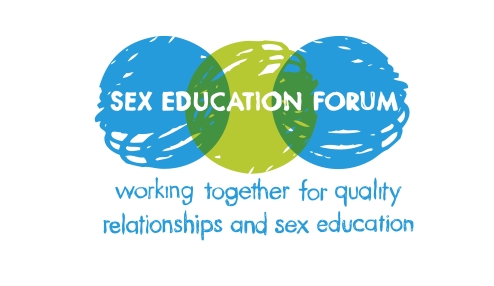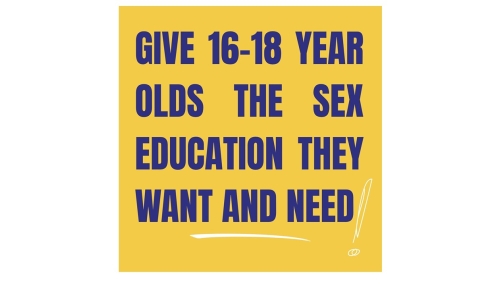Guest blog from our Partner, the School of Sexuality Education
By Sophie Whitehead
As of September 2020, the recently updated sex and relationships education guidance became compulsory for UK schools, with school leaders instructed to begin teaching by at least the start of the 2021 summer term. The updated document was welcomed by many sex educators and teachers as a major improvement on the previous guidance, which was published in 2000 and pre-dated the repeal of section 28 and its mandatory ‘non-promotion of homosexuality’.
The new guidance recognises the importance of LGBT+ issues and experiences. It also advocates for menstrual literacy for all, incorporates digital issues, and generally seeks to be more inclusive than its predecessor. That said, there are areas in which the guidance could go further in responding to the realities of children and young people’s lives, for example, it states that LGBT+ should be introduced at an ‘age-appropriate’ time, implicitly suggesting that there are unique elements of LGBT+ lives which are inappropriate to discuss in comparison to heterosexual and cis lives. The new guidance is helpfully clear, however, that when LGBT+ is taught it should be integral and not a stand-alone lesson.
Another example of the gap that remains to be closed has been made abundantly clear by the Everyone’s Invited campaign – a movement which was started in the summer of 2020 in a bid to raise awareness of, address, and challenge rape culture in schools and universities. While it started as an Instagram account to which young people could anonymously submit testimonies about sexual harassment, the movement grew to eventually have a dedicated website for testimony submissions; at date of publication, the tally on that website stands at 51,060 testimonies, and continues to rise by the day.
The publication of these testimonies online – detailing wide-ranging stories of sexual abuse, misconduct, and harassment – attracted mass media attention in March 2021. Commentators and school leaders expressed shock at the scale of the problem, which many suggested they had not been aware of prior to the media frenzy. This response indicates a troubling gulf between the reality of young people’s day-to-day lives and the way they are perceived by the adults responsible for them – and herein lies the problem. If educators, policymakers, parents, and carers are not cognizant of the real problems facing young people, the task of supporting them becomes untenable. As such, these problems need to be exposed and discussed without stigma or taboo if potential solutions are ever to be found.
Thankfully, the need for such exposure was quickly acknowledged as Ofsted conducted a rapid review into the issue of sexual harassment in schools following the deluge of testimonies on the Everyone’s Invited website. Though their findings make for grim reading; they conclude that the issue of sexual harassment in schools and online is a routine part of life for many school children.
It is evident then that at this point, we – all of us who work, directly or indirectly, with young people – are aware of some of the myriad issues they face in relation to gender, sexuality, sex, and relationships. Everyone’s Invited has highlighted the importance of maintaining that awareness and continuing to listen to young people and engage with their reality, if effective and relevant relationships and sex education is ever to be a realistic goal.
At School of Sex Ed, we advocate for regular inclusive and comprehensive RSE which is both reactive and flexible in the face of student needs, but also thoughtful, proactive, and an embedded and valued part of the whole school curriculum. With that in mind, our workshops are oriented around young people’s rights, equality and social justice and our programme is responsive to the needs of young people and the world they navigate. We also take this approach in our book, Sex Ed: An Inclusive Teenager Guide to Sex and Relationships which is aimed at teenagers, their parents and carers as well as educators and anyone who works with young people. By RSE receiving this more integrated status and providing young people with the right resources and examples will we begin to see the changes that are clearly needed.
Sophie Whitehead
School of Sexuality Education
Further resources
- School of Sexuality Education’s book, Sex Ed: An Inclusive Teenager Guide to Sex and Relationships is published today (16 September 2021) by Walker Books
- They also have a freely available Online Sexual Harassment guidance and policies for schools.




Share